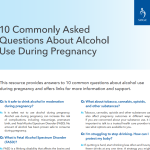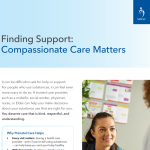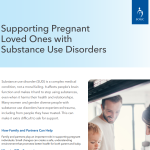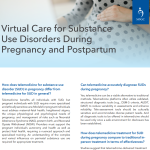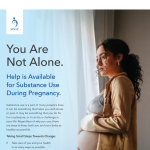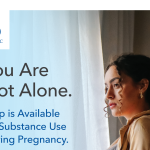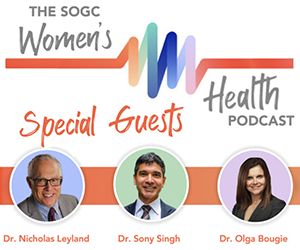Substance use in pregnancy
Growing babies are harmed when a mother smokes, drinks excessive alcohol, or uses drugs. It is never too late to quit any substance abuse habits, and there are lots of resources out there in the community to help you stop. Talk to your health care provider. He or she can help you find the resources you and your baby need.
How serious are the risks of smoking during pregnancy?
Smoking during pregnancy poses a serious threat to your baby. If you smoke, it is important that you find support and strategies to quit or reduce the habit immediately. Smoking during pregnancy is risky not only to your fetus as it grows, but also as a newborn baby, and a growing child. While you are still pregnant, you are more likely to miscarry if you smoke. You are also more likely to go into labour too early, and your water is more likely to break too soon. Your baby is more likely to be born small. After delivery, babies whose mother’s smoked during pregnancy are more likely to have Sudden Infant Death Syndrome (SIDS). Later in life, children born from mothers who smoked during pregnancy are more likely to have asthma, behavioural problems, and attention deficit hyperactivity disorder. E-cigarettes are not safe for use during pregnancy.
Nicotine patches are a safer option for your baby, but still introduce a chemical into your body. Quitting “cold turkey” or tapering smoking so as not to have these damaging chemicals at all should be strongly considered.
What will happen if I drink alcohol during my pregnancy?
 Consumption of high amounts of alcohol is known to have serious effects on the baby (fetal alcohol spectrum disorder, FASD). Children with FASD struggle with depression and anxiety, and experience difficulties in social interactions and relationships. There is no known safe amount of alcohol during pregnancy. Therefore, the safest choice is not to consume any alcohol while you are pregnant or if you might become pregnant. If you need help with alcohol dependency, talk to your health care provider.
Consumption of high amounts of alcohol is known to have serious effects on the baby (fetal alcohol spectrum disorder, FASD). Children with FASD struggle with depression and anxiety, and experience difficulties in social interactions and relationships. There is no known safe amount of alcohol during pregnancy. Therefore, the safest choice is not to consume any alcohol while you are pregnant or if you might become pregnant. If you need help with alcohol dependency, talk to your health care provider.
Read more here.
Will cannabis harm my baby?
Cannabis in all forms, whether smoked or vaped, eaten, applied as a cream, or taken as a pill, may affect your baby’s brain development and can result in learning and behavioural issues that last throughout their life.
There are safe alternatives to using cannabis during pregnancy for treating nausea and vomiting, anxiety, or pain.
Read more here.
Opioid use during pregnancy
Opioids refer to several drugs, including heroin, methadone, hydromorphone, fentanyl, and morphine. Some women take prescribed opioids for pain control, others use unregulated forms of opioids such as heroin, and some women use opioid substitutes such as methadone for treatment of addiction. Many women who use opioids continue to use them during pregnancy, although they carry a serious risk of poor health outcomes for the baby. Many opioids have been associated with miscarriage, reduced fetal growth, premature labour, stillbirth, withdrawal symptoms in newborns, and sudden infant death syndrome. There are safe and effective treatments available to help women manage opioid use during pregnancy. Speak with your health care provider to learn more about your options.
Read more here.
Cocaine use during pregnancy
Cocaine affects women differently than men. Women tend to move more quickly from introduction of the drug to abuse. They also tend to have more severe health problems as a result of use. Cocaine use during pregnancy has been associated with negative outcomes, including low birth weight, premature rupture of the membranes, miscarriage, preterm labour, and sudden infant death syndrome.
Amphetamine use during pregnancy
Amphetamines are a growing concern among pregnant women, particularly among young pregnant women. Some amphetamines are taken as prescribed medication to manage attention impairments or sleep disorders and others are used as an illicit drug to experience a high. Often amphetamines are used in conjunction with other substances, making it difficult to establish clear associations between this drug and the effect on health outcomes. However, there is evidence that has shown that amphetamine use during pregnancy is associated with fetal growth restriction, premature labour, and neonatal withdrawal syndrome.
Printable Resources and Posters for Patients


